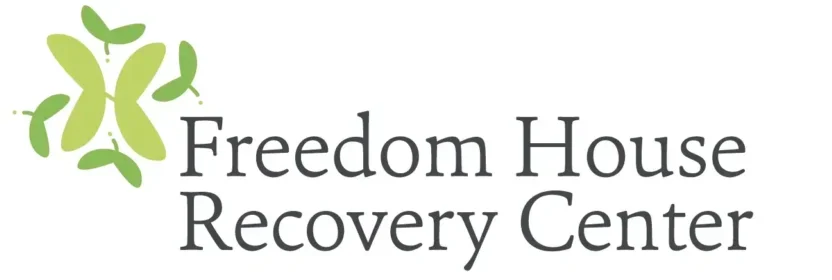
Recovery from addiction or mental health challenges is a lifelong journey that requires dedication, support, and effective self-care strategies. While professional treatment and therapy play crucial roles, maintaining long-term recovery often depends on daily self-care practices that promote physical, emotional, and mental well-being.
At Freedom House Recovery Center, we understand the importance of self-care in sustaining recovery. In this blog, we’ll explore essential self-care strategies that can help individuals stay on track and build a fulfilling, sober life.
Why Self-Care Matters in Recovery
Self-care is more than just pampering yourself—it’s about creating a balanced lifestyle that supports your recovery. Neglecting self-care can lead to burnout, stress, and even relapse. By prioritizing self-care, you strengthen your resilience, improve your mood, and maintain a healthier mindset.
According to Freedom House Recovery Center’s treatment philosophy, recovery is a holistic process that involves healing the mind, body, and spirit. Integrating self-care into your daily routine can make a significant difference in your long-term success.
Physical Self-Care Strategies
1. Prioritize Sleep
Quality sleep is essential for mental clarity, emotional stability, and overall health. Poor sleep can increase stress and cravings, making recovery more challenging. Establish a regular sleep schedule and create a relaxing bedtime routine.
2. Exercise Regularly
Physical activity releases endorphins, which help reduce stress and improve mood. Whether it’s yoga, walking, or strength training, find an exercise routine that works for you. Freedom House offers wellness programs that incorporate fitness into recovery.
3. Eat a Balanced Diet
Nutrition plays a key role in recovery. A diet rich in whole foods, lean proteins, and healthy fats can stabilize mood and energy levels. Avoid excessive sugar and caffeine, which can trigger anxiety or cravings.
Emotional and Mental Self-Care
4. Practice Mindfulness and Meditation
Mindfulness helps you stay present and manage stress. Meditation, deep breathing exercises, and grounding techniques can reduce anxiety and prevent relapse. Freedom House’s therapeutic approaches often include mindfulness-based practices.
5. Journaling
Writing down your thoughts and emotions can provide clarity and release pent-up feelings. Journaling also helps track progress and identify triggers.
6. Set Healthy Boundaries
Learning to say “no” and setting boundaries is crucial in recovery. Surround yourself with supportive people and avoid toxic relationships that may jeopardize your progress.
Social and Spiritual Self-Care
7. Stay Connected with Support Groups
Recovery is easier with a strong support system. Attend 12-step meetings, group therapy, or peer support groups. Freedom House offers community-based support to help individuals stay connected.
8. Engage in Creative Activities
Art, music, and other creative outlets provide emotional expression and stress relief. Creative therapies are often part of Freedom House’s holistic treatment programs.
9. Find Purpose Through Volunteering or Hobbies
Helping others or pursuing passions can bring fulfillment and reduce feelings of isolation. Volunteering at recovery centers or engaging in meaningful hobbies strengthens your sense of purpose.
Professional Support and Continued Care
10. Attend Therapy or Counseling
Even after initial treatment, ongoing therapy can help address underlying issues and prevent relapse. Freedom House provides aftercare programs to support long-term recovery.
11. Develop a Relapse Prevention Plan
Identify triggers, coping strategies, and emergency contacts in case cravings arise. A solid relapse prevention plan is a key component of Freedom House’s recovery services.
Final Thoughts
Self-care is not selfish—it’s a necessary part of maintaining recovery. By incorporating these strategies into your daily life, you can build resilience, improve well-being, and stay committed to a sober, fulfilling future.
If you or a loved one needs support in recovery, explore the comprehensive programs at Freedom House Recovery Center. Remember, recovery is a journey, and self-care is your compass.
Would you like personalized guidance on self-care in recovery? Contact Freedom House today to learn more about our services.
This blog provides actionable self-care tips while incorporating relevant links from Freedom House Recovery Center’s website to guide readers toward additional resources. Let me know if you’d like any modifications